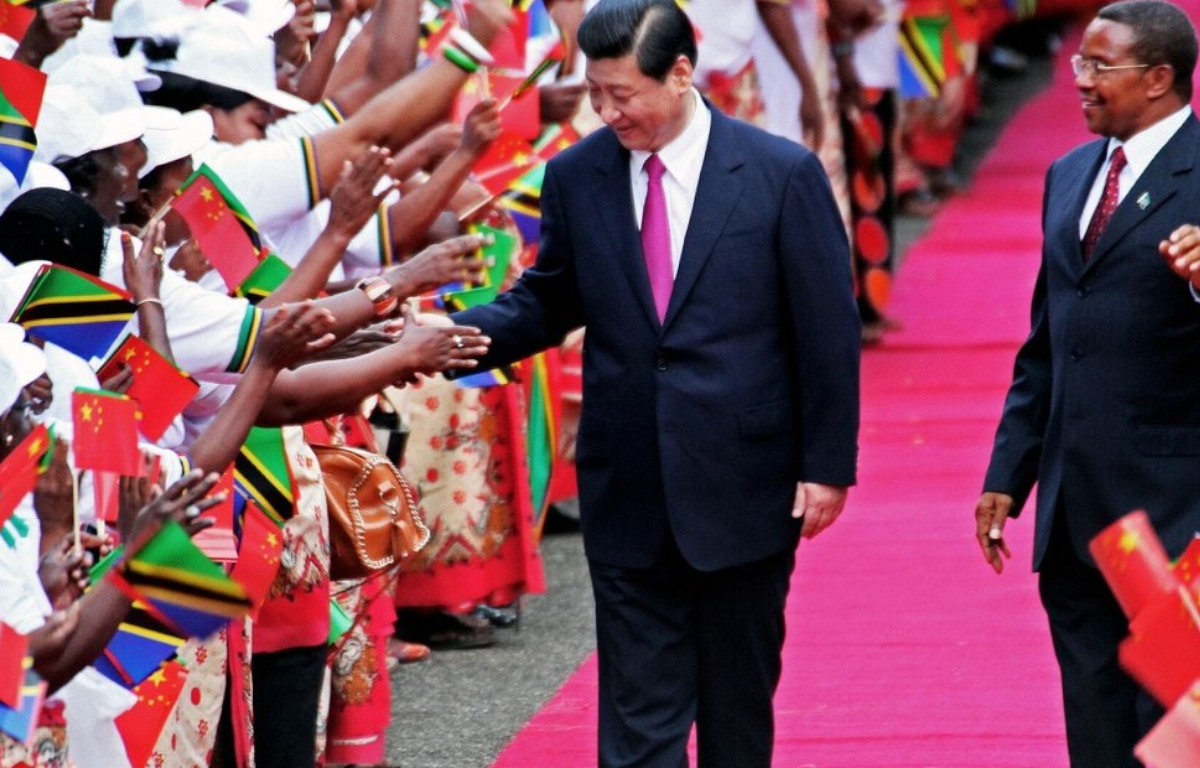
This situation has raised alarms within the UK’s intelligence and security circles, highlighting the challenges posed by disinformation campaigns and the need for vigilance in an era of digital misinformation.
The conspiracy theories revolving around Princess Kate, the Duchess of Cambridge, range from sensational claims about her personal life to unfounded allegations of wrongdoing. These rumors have gained traction on social media platforms and certain fringe websites, spreading rapidly despite lacking credible evidence. The proliferation of such misinformation has led to increased scrutiny and calls for action to address the underlying issues.
One of the primary concerns is the potential involvement of foreign adversaries, particularly China and Russia, in amplifying these conspiracy theories. Both nations have been known to engage in disinformation campaigns aimed at sowing discord, undermining trust in institutions, and destabilizing Western democracies. Their sophisticated tactics and use of social media platforms make them formidable actors in the realm of information warfare.
The UK’s intelligence agencies are closely monitoring the situation, recognizing the strategic implications of foreign interference in domestic affairs. The goal is not only to counter immediate threats to national security but also to safeguard public trust and confidence in democratic processes. Efforts are underway to identify and mitigate the spread of misinformation, including collaboration with international partners and tech companies.
At the heart of this issue is the broader challenge of combating disinformation in the digital age. The rapid dissemination of false narratives and the ease with which they can gain traction pose significant risks to public discourse and societal cohesion. Governments, civil society organizations, and tech platforms must work together to develop robust strategies for detecting, debunking, and countering misinformation effectively.
Moreover, the case of Princess Kate’s conspiracy theories underscores the importance of media literacy and critical thinking skills among the public. Educating individuals about how to evaluate information sources, discern fact from fiction, and recognize potential manipulation tactics is essential in combating the spread of misinformation.










Share this: